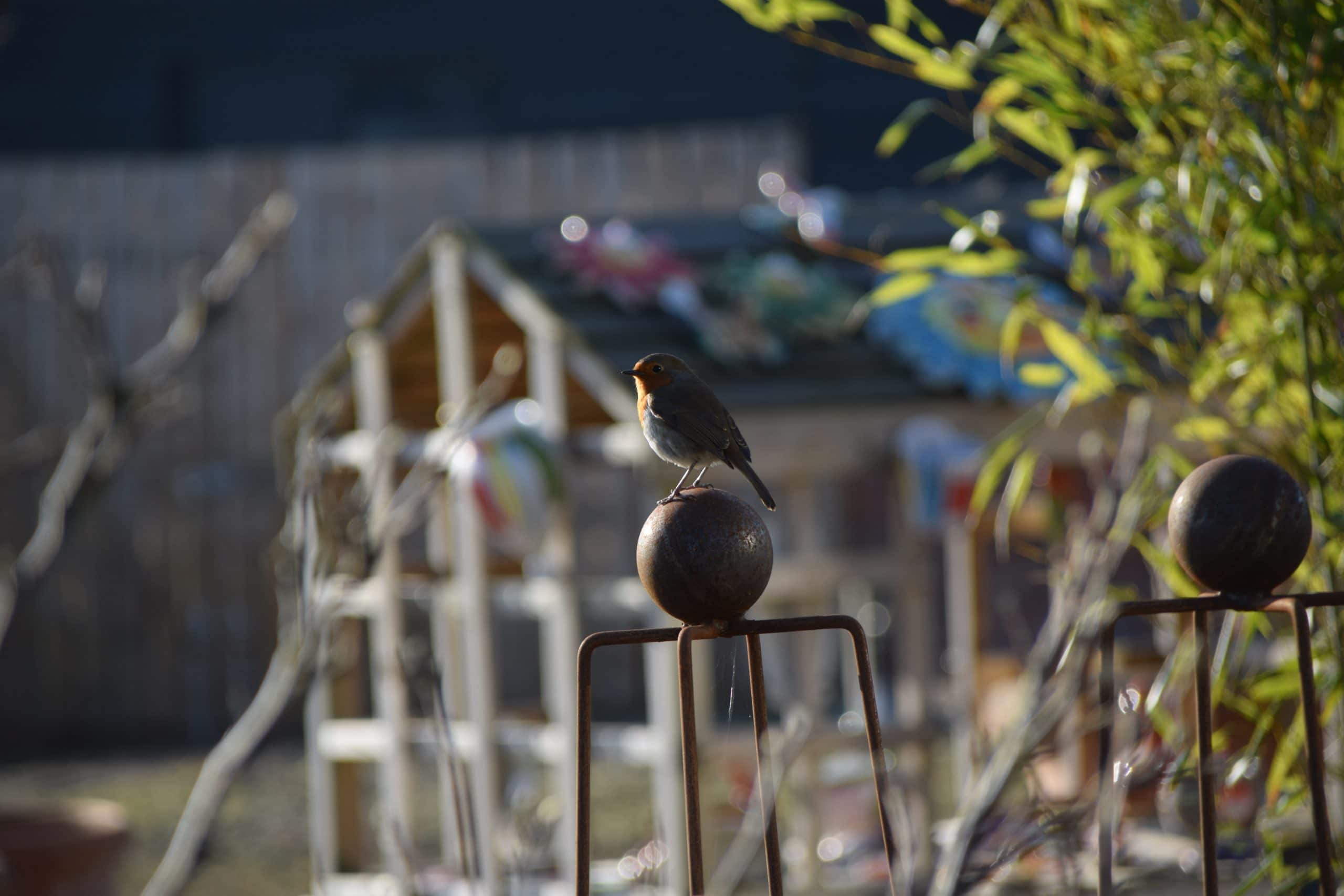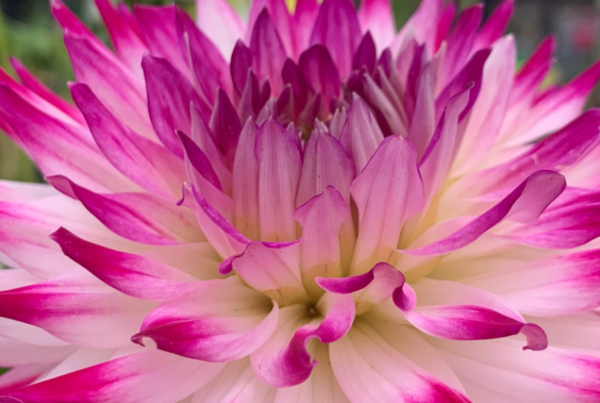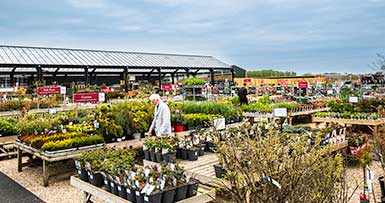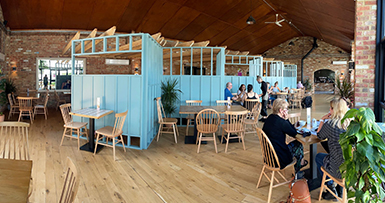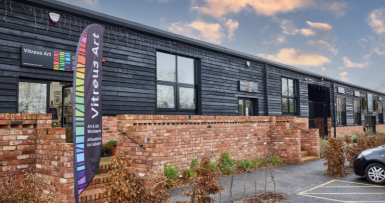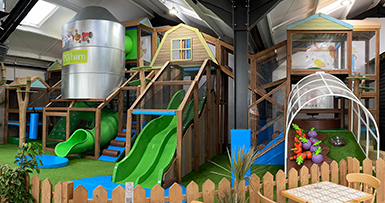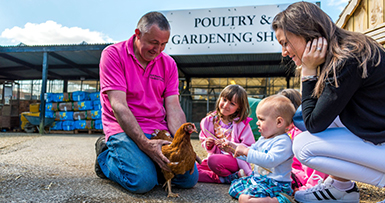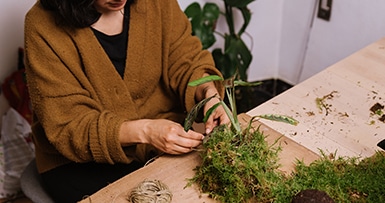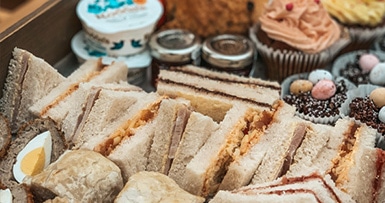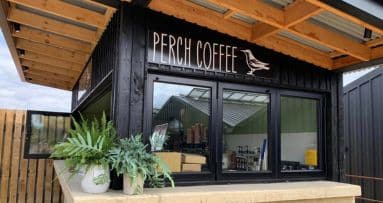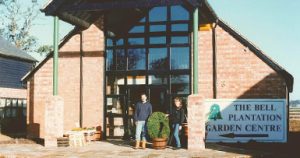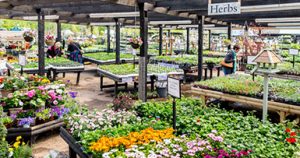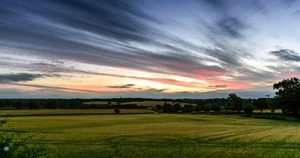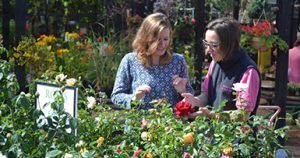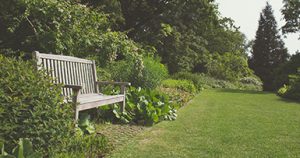The RSPB big garden bird watch is coming up at the end of this month, and you can make a difference wherever you are by getting involved in this fun and free activity. This helps the RSPB to collect important data which is then put towards future conservation strategies to help look after our precious and declining birdlife. Everyone and anyone can get involved, simply place yourself in your garden, local woodland, or park for an hour between 27th and 29th of January, watch the birds and count how many species land around you, then go online to the RSPB website and tell them what you’ve seen! Easy Peasy! We will leave a link at the bottom of this blog which will direct you to the RSPB website if you’re interested in getting involved.
Garden Birds, why should you help?
From the glooming desert vultures and the gigantic Atlantic albatross to our lyrical song thrushes and noisy woodland woodpeckers, birds have played an invaluable part in bringing balance to our ecosystems all over the world. The RSPB identifier list includes a whopping 405 species of bird said to be found here in the UK alone and some of those will be visiting your gardens right now.
Your garden birds are some of the best gardeners in the world and inviting them into your garden will make a world of difference. As well as pollinating plants and distribute seeds, they are great at pest control and tidying up your garden for their nests. When they aren’t gardening, they are stunning performers, proven in singing, dancing and aerial acrobatics.
As well as benefiting the birds, caring for them can have a tremendous impact on our own mental health. Studies show that caring for other living things greatly improve mantal health, reducing stress and increasing happiness.
Even the smallest birds in our garden make a big impact to the areas we live in.
Birds in decline
According to the RSBP, more birds than ever before are on the Red List. This list has grown up to 70 species long including some garden favourites such as the song thrush, lapwing, and house sparrow. Significant population growth and subsequent changes to land and agriculture have caused huge repercussions for our feathered friends and their natural habitats, with less natural resources available to them in the form of necessities like food and water.
It isn’t all doom and gloom however as conservation efforts are improving statistics and we can all do our bit to create a safe space for wildlife.
Creating an environment for wildlife to thrive in
A wildlife friendly garden is budding with natural resources for birds and other critters. Creating a balanced eco-system in your garden with insect friendly plants, wildflowers and shrubs will see more birds frequenting your garden and nesting there. Moving away from faux grass, patios and other artificial materials will make the biggest difference in your garden as these remove entire resources when implemented.
There are other easy steps you can take in making your garden more bird and wildlife friendly; trees, shrubs and climbing plants can be put in gardens of all sizes as they offer a place of shelter and natural nesting sites. The RSPB advise that native hedges are best, with the most ideal being – hawthorn, beech, spindle, blackthorn, hazel, holly, field maple, buckthorn. Sunflowers, teasels, shrub roses, guelder roses, cotoneaster, rowan, honeysuckle, and ivy are also great at attracting birds as they produce food.
Attracting birds
Putting up bird and nest boxes can attract wild birds in search of areas to breed, which is not only a lovely thing to watch in your garden but of course provides a safe space for breeding birds. Place your bird boxes in a safe and sheltered area out of the way of direct sunlight; and do make sure each winter your boxes are cleared out of any old nesting material and cleaned.
Ensure there is a source of fresh water for your garden birds; a bird bath or even a suitable sized bowl of fresh water will suffice (make sure the water is shallow). Access to water is vital for a bird’s survival as it provides drinking water which is especially important for birds who eat dry foods, and an area when they can wash. Make sure you keep the water clean and remove ice in harsh conditions (tip – leave a ping pong ball in birds’ baths in frost to help prevent it from freezing over).
By providing the right food and conditions in your garden, you can attract a variety of birds including rare species. If you are putting out bird feeders and tables, make sure they are placed in a safe spot out of the way of predators and away from the house to avoid window collisions. It is a good idea that your feeders are regularly cleaned of old and moulding seed to reduce the risk of spreading diseases. And remember, if you do begin to feed wild birds, they quickly become accustomed to it and rely on this food source, so do make sure they are routinely topped up.
Specific feed for wild birds
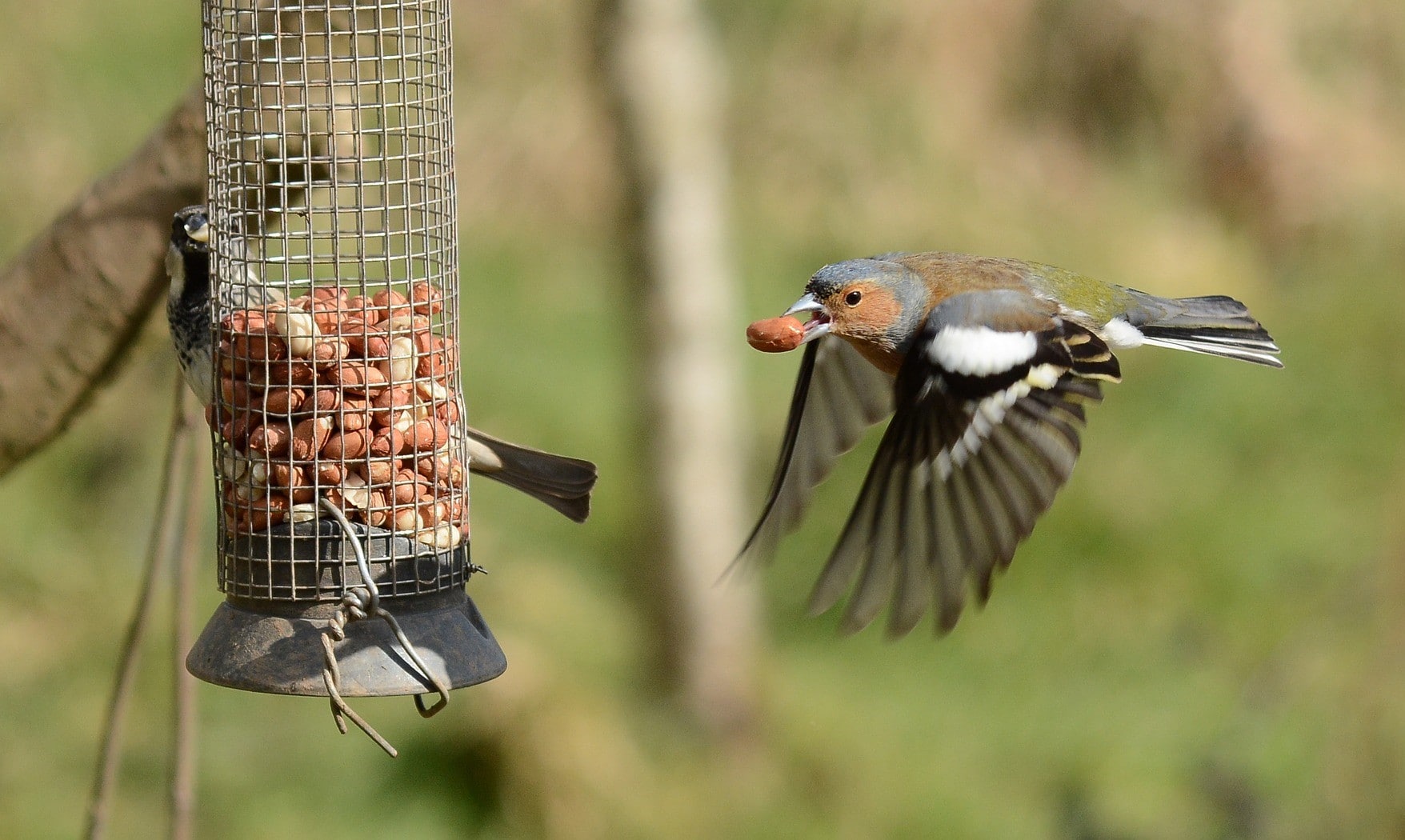
Peanuts
Peanuts attract chaffinches, woodpeckers and nuthatches.
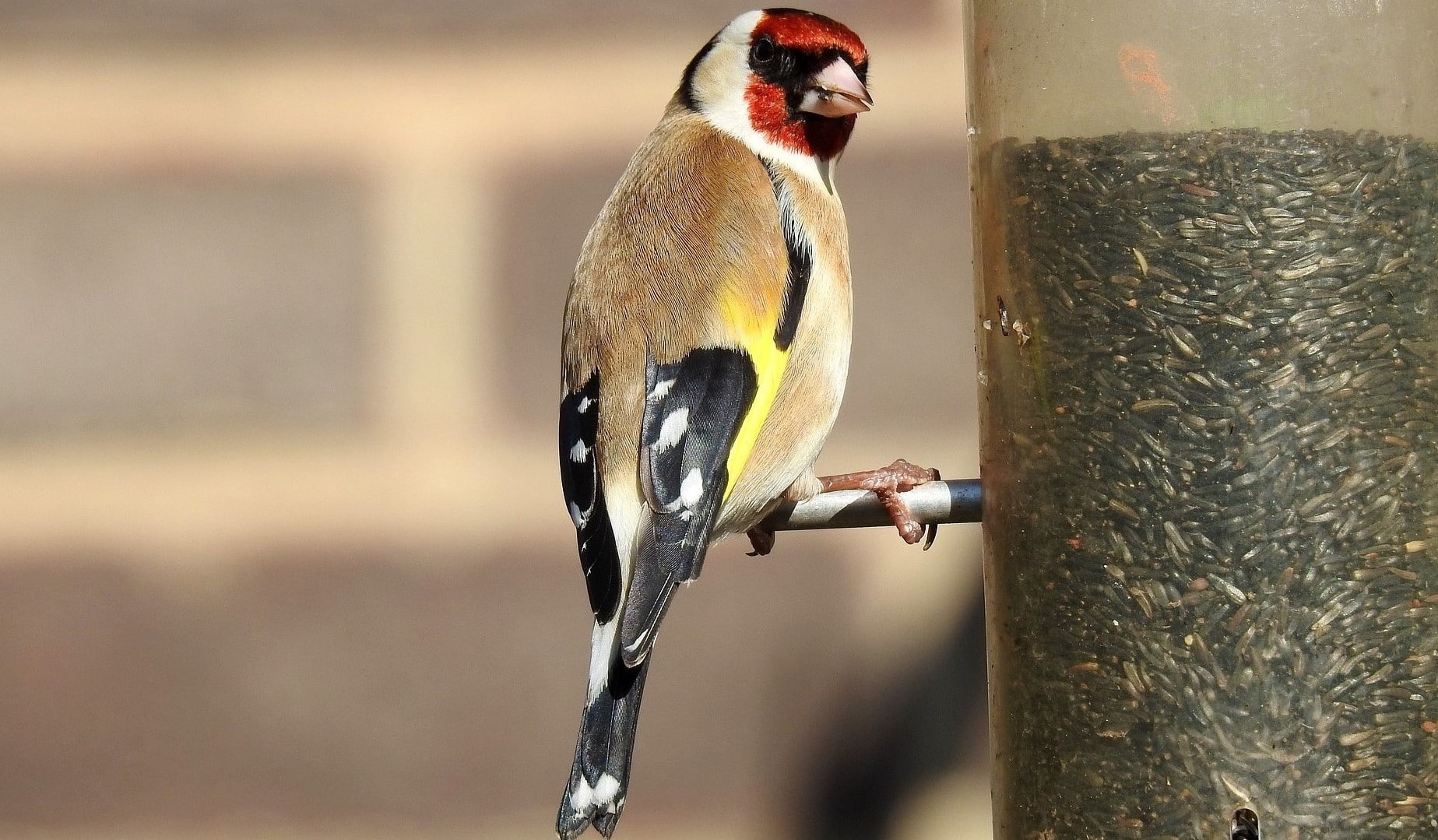
Niger Seeds
Niger seeds are particularly tasty to goldfinches, robins and siskins.
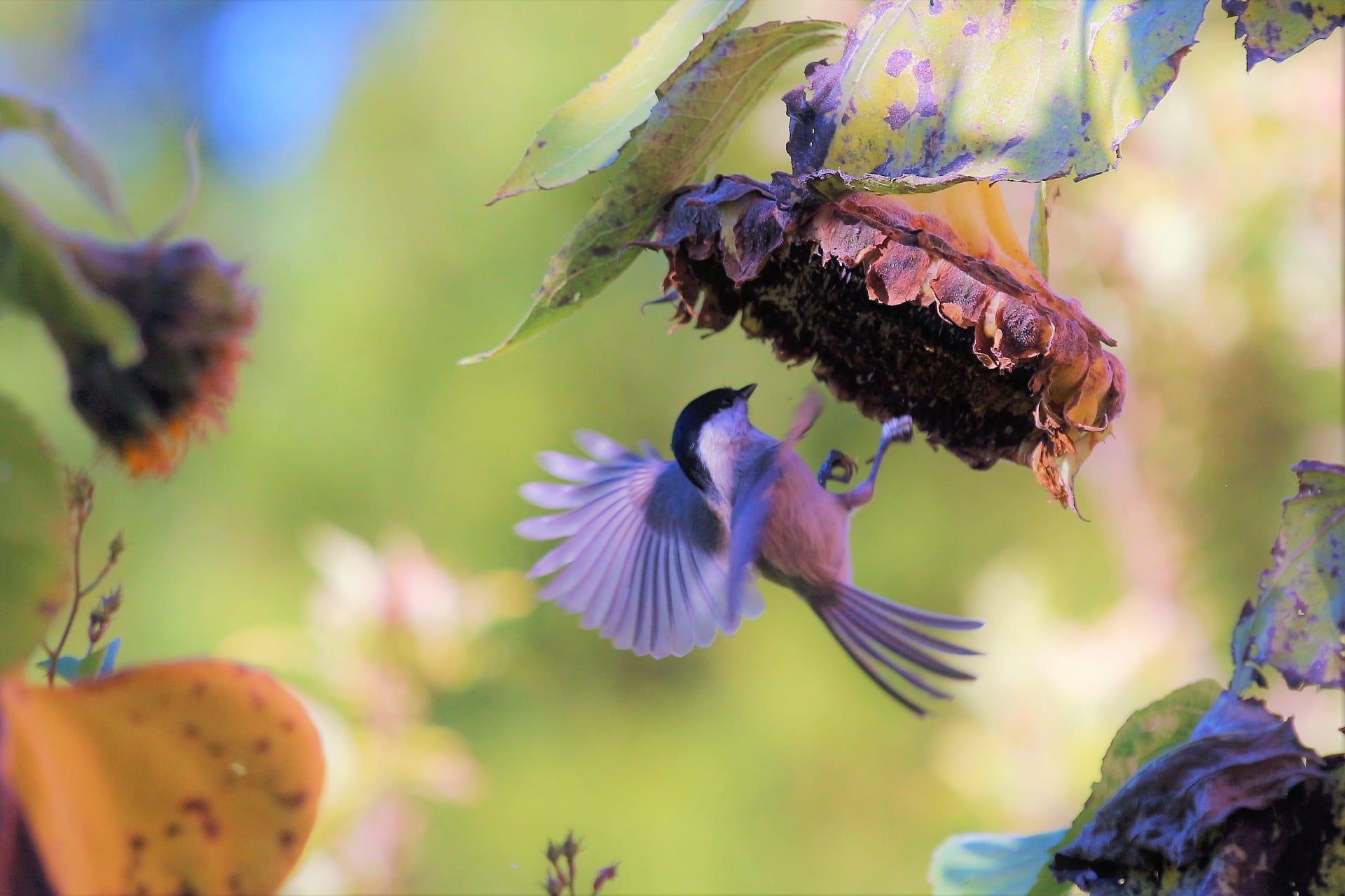
Sunflower Hearts
Sunflower hearts are loved by goldfinches, house sparrows, robins and siskins.
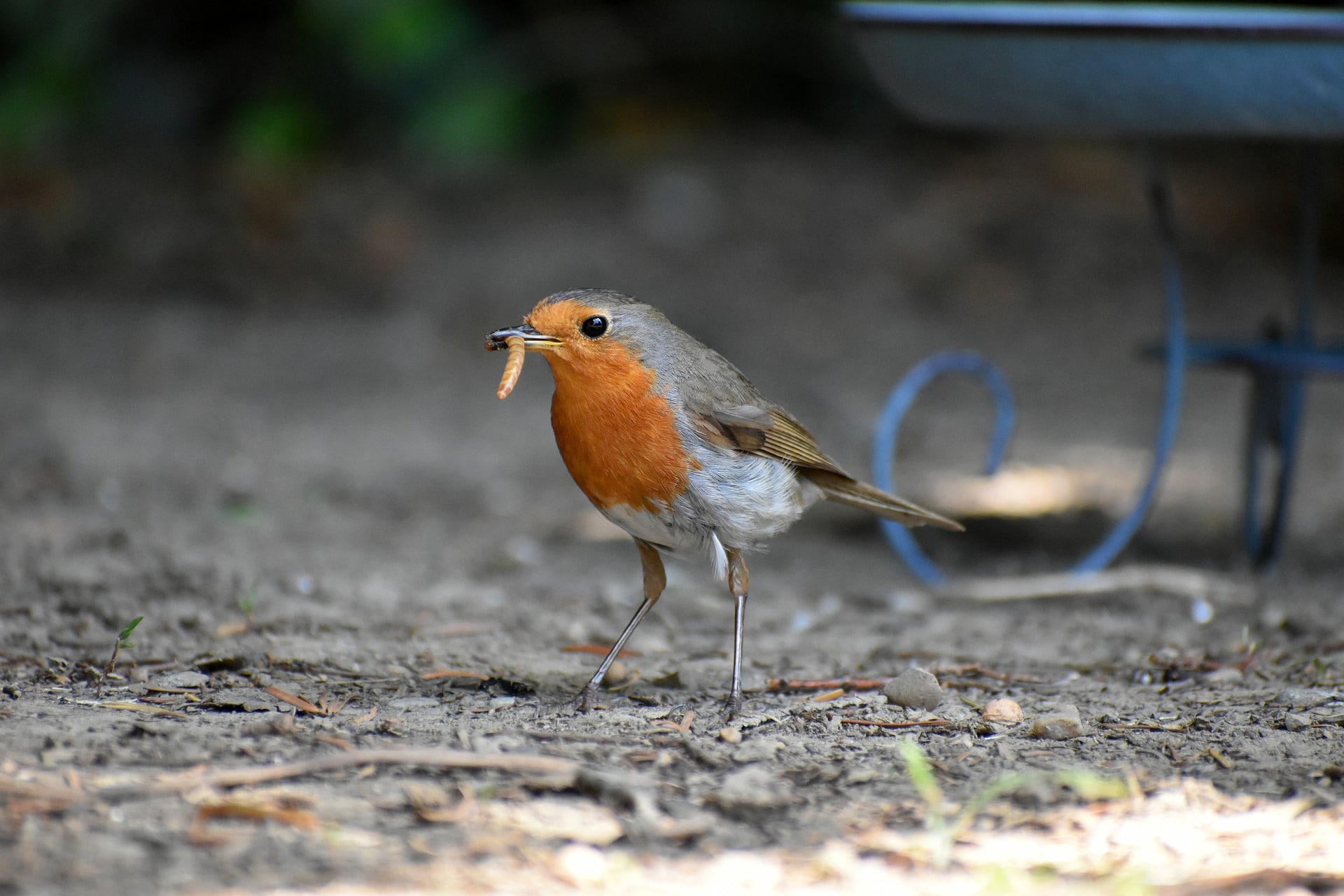
Mealworm
Mealworm will be thoroughly enjoyed by robins, blue tits, song thrushes and blackbirds.
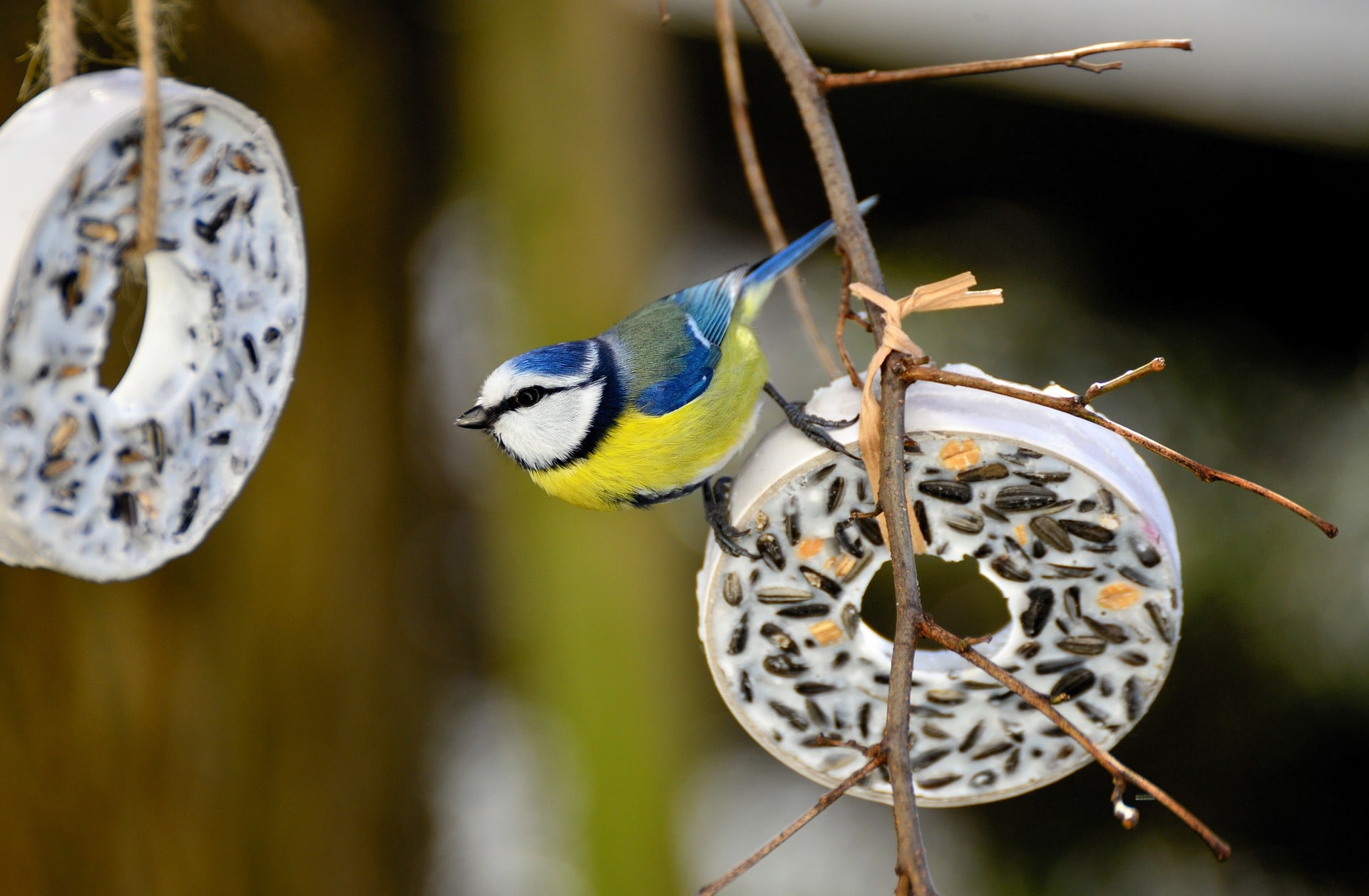
Suet Blocks & Fat Balls
Suet blocks and fat balls are suitable for a lot of birds, but more specifically blue tits and the occasional great spotted woodpecker.
Household food suitable for birds
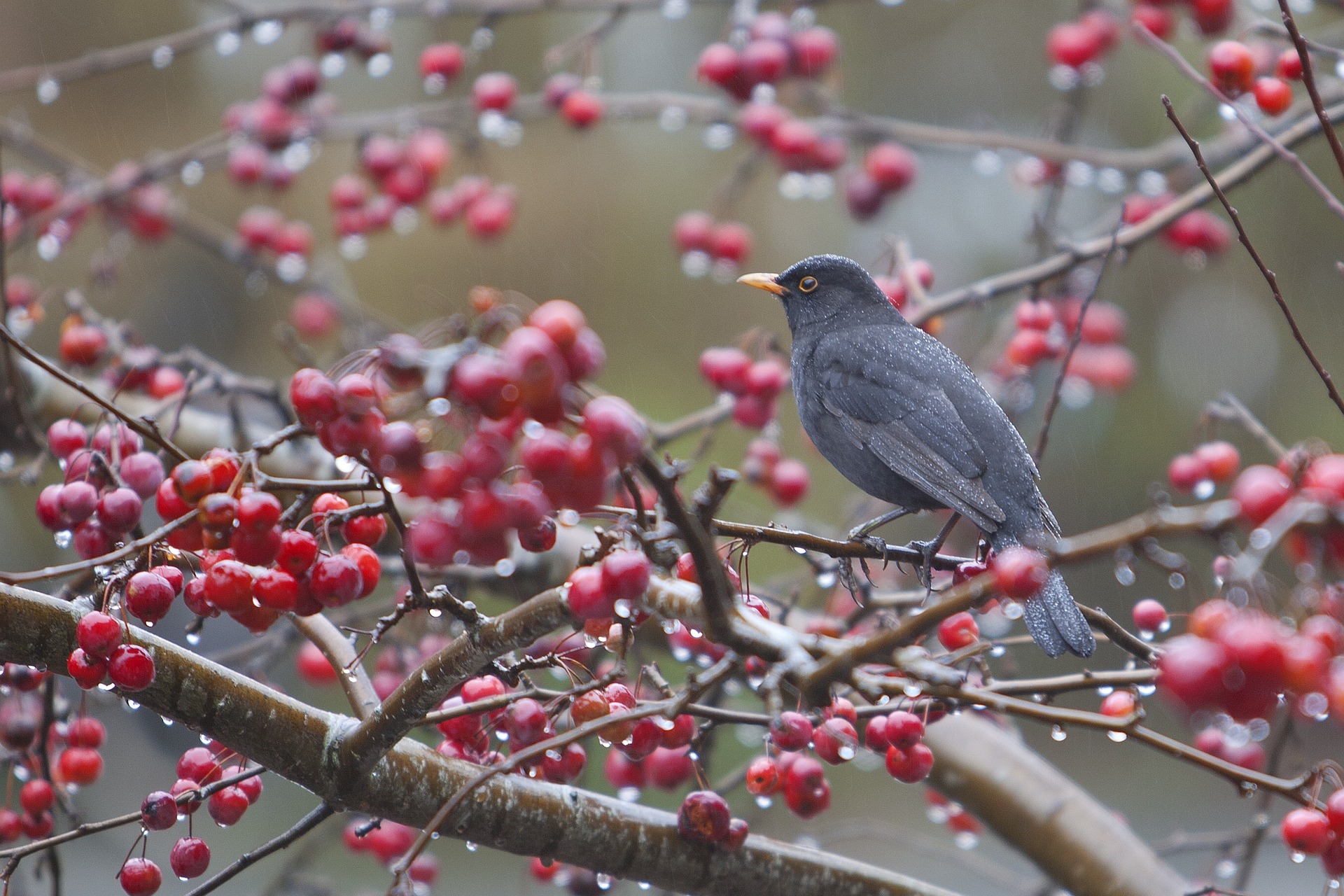
Fruit
Fruits without seeds such as berries, raisins, grapes, mashed bananas and apples or pears without any seeds.
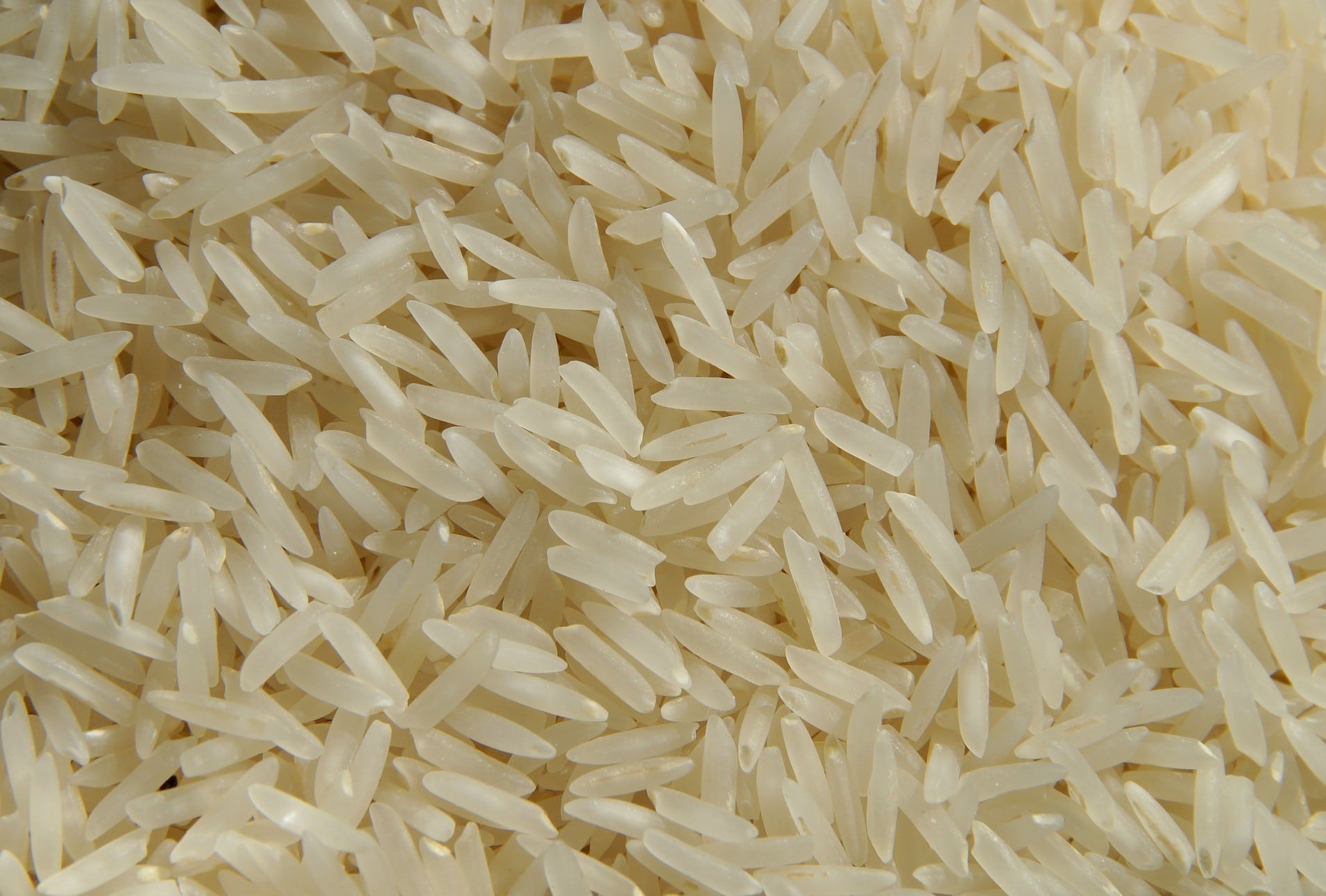
Cooked Rice
Cooked rice (white or brown) and make sure there is no added salt.
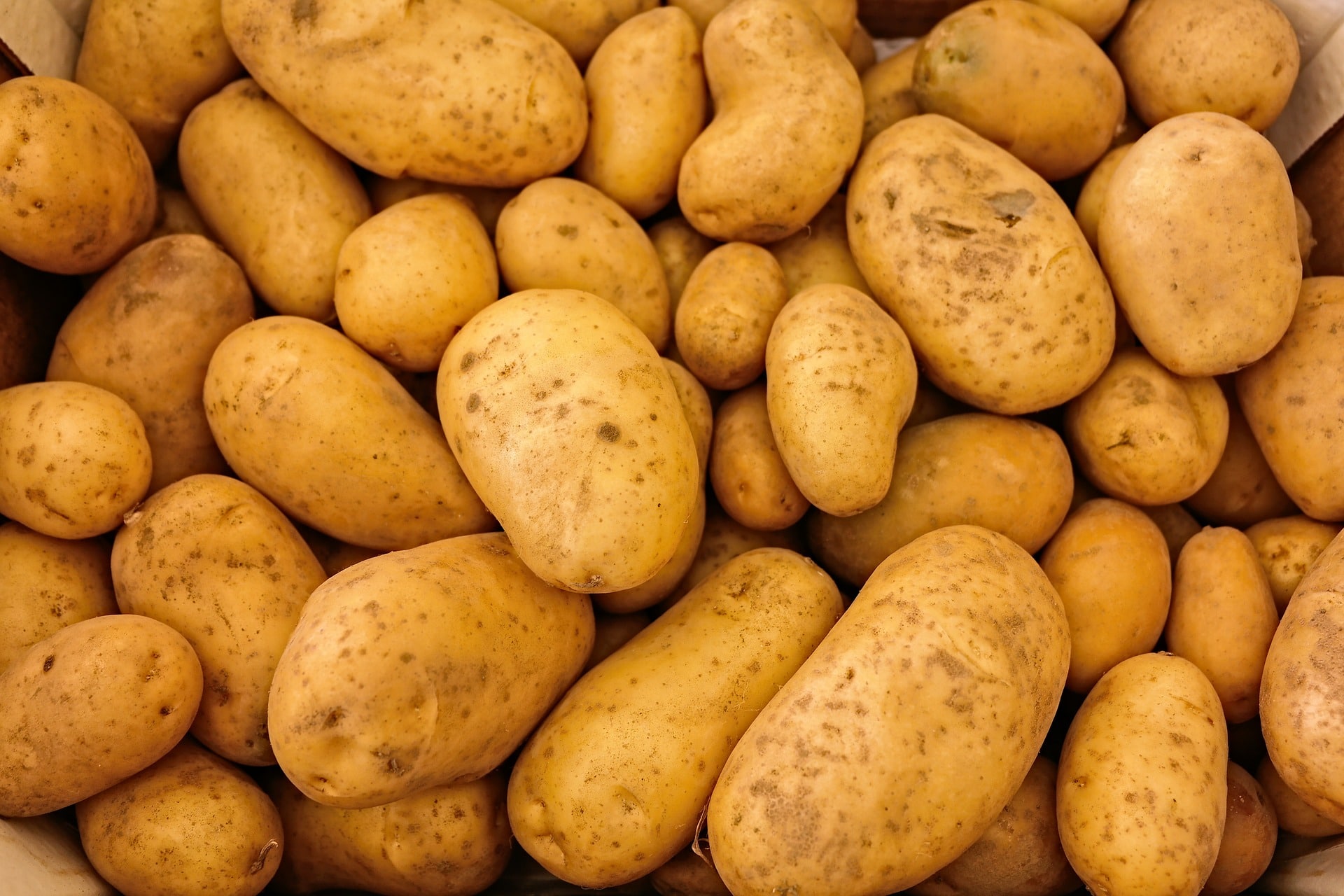
Cooked Potato
Cooked potato is a treat for birds such as cold and opened baked potatoes, roast potatoes, and mashed potatoes (no processed potato such as crisps or chips).
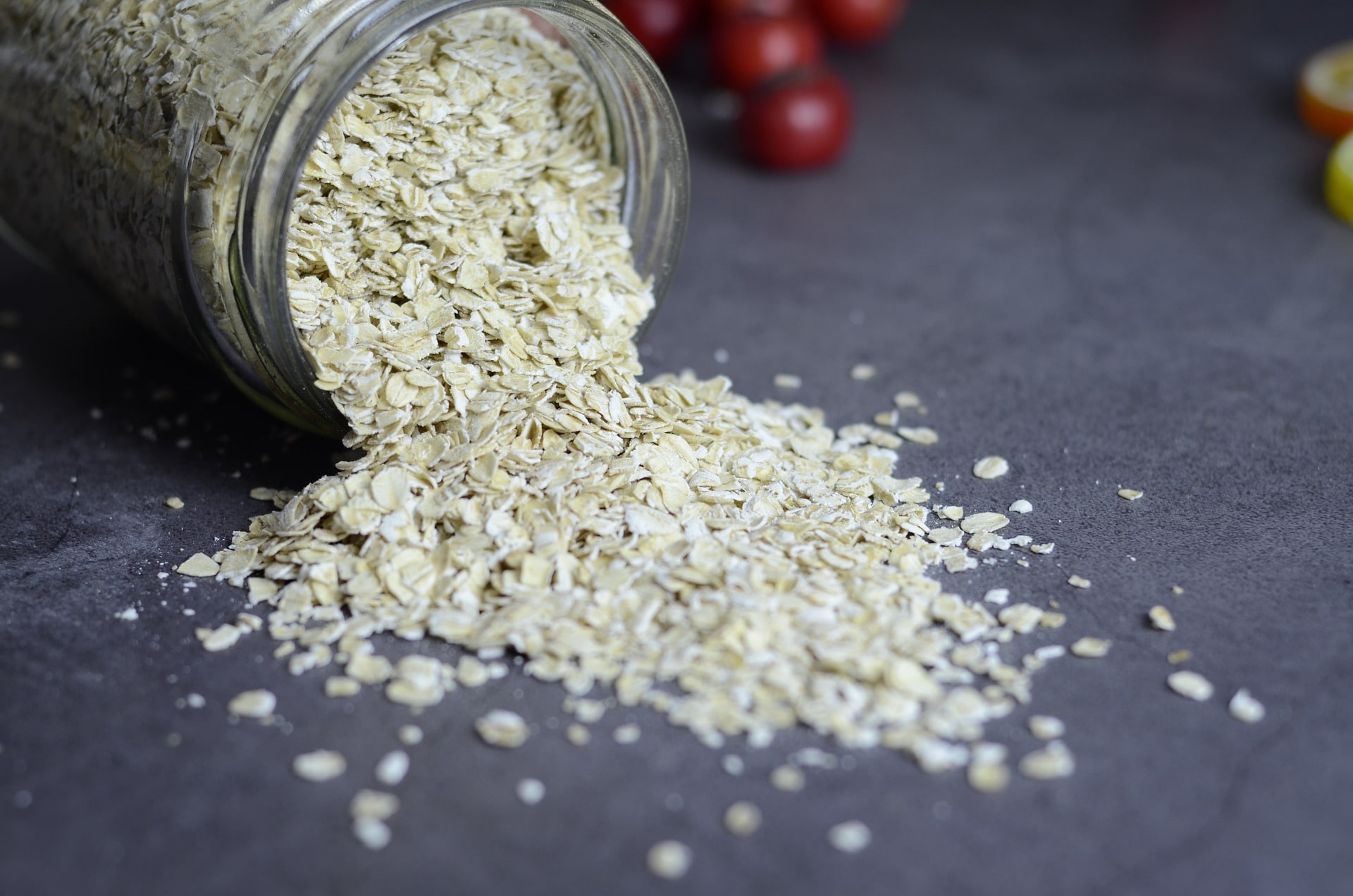
Uncooked Oats
Uncooked oats are great, make sure to only put small amounts out at a time, with a water source nearby. Ensure they’re never cooked as they can harden around a bird’s beak.
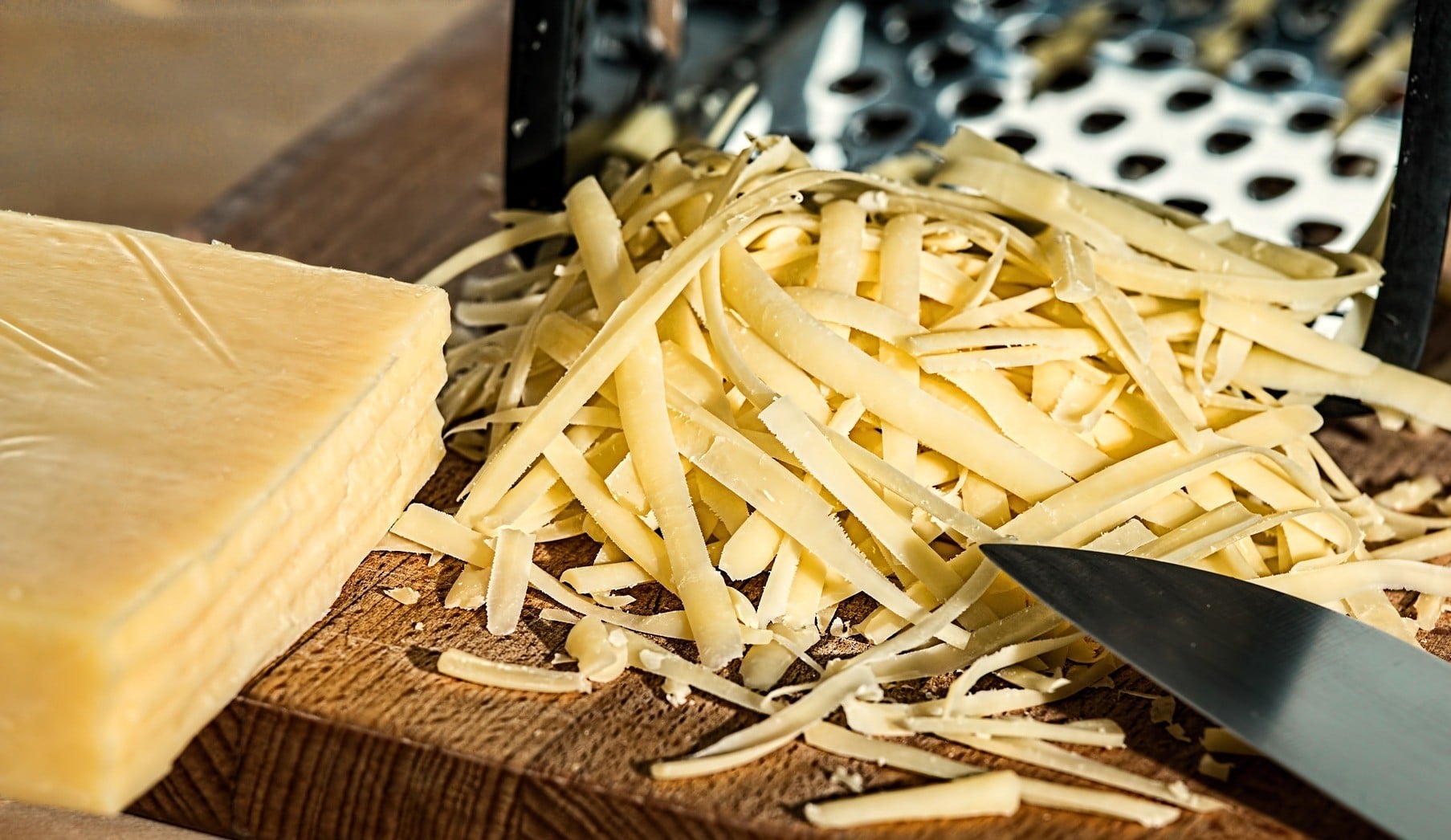
Grated Cheese
Mild grated cheese is a lovely treat.
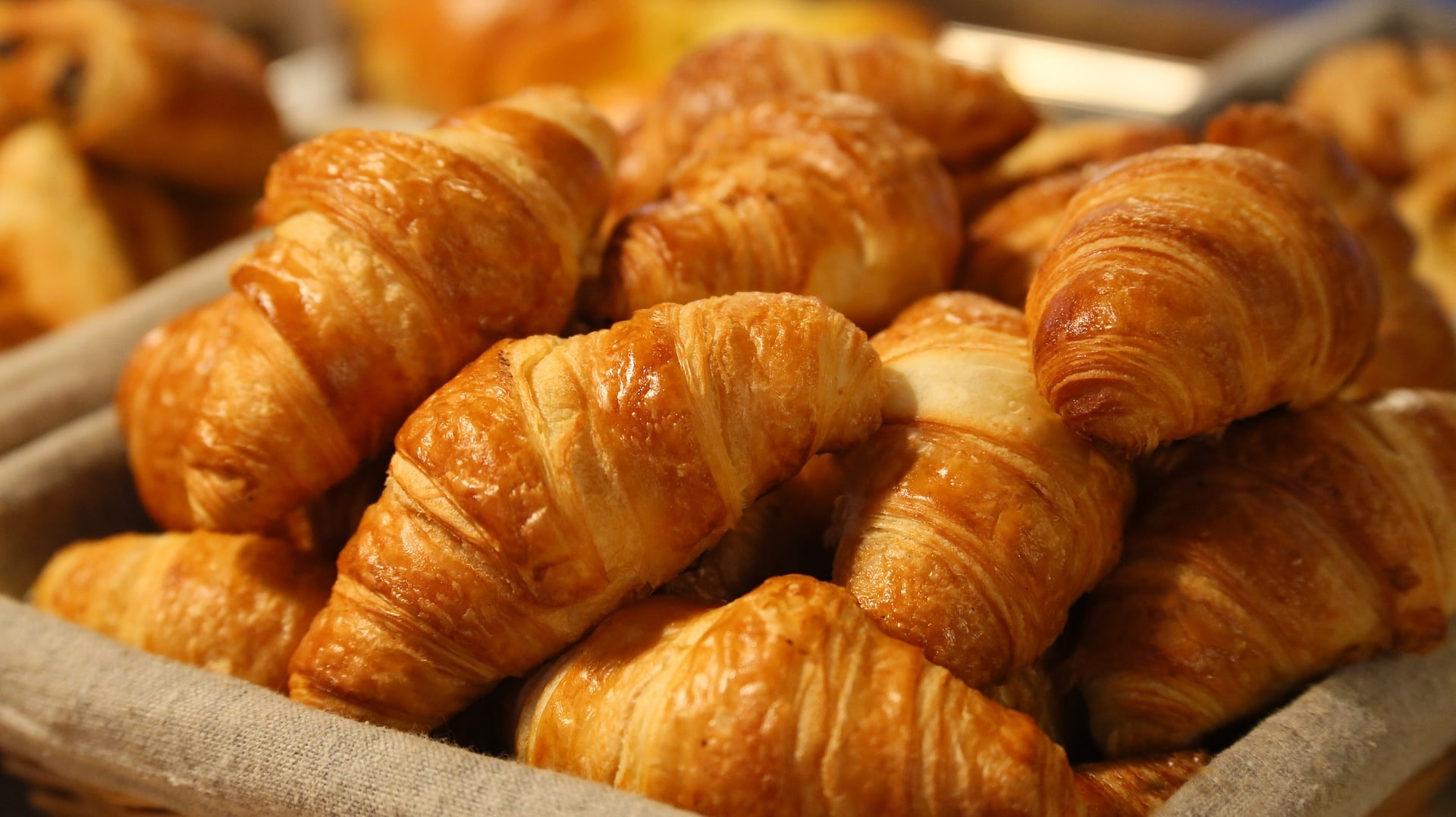
Pastry
Cooked or uncooked pastry is great – even more so when made with real fats.
Foods to avoid
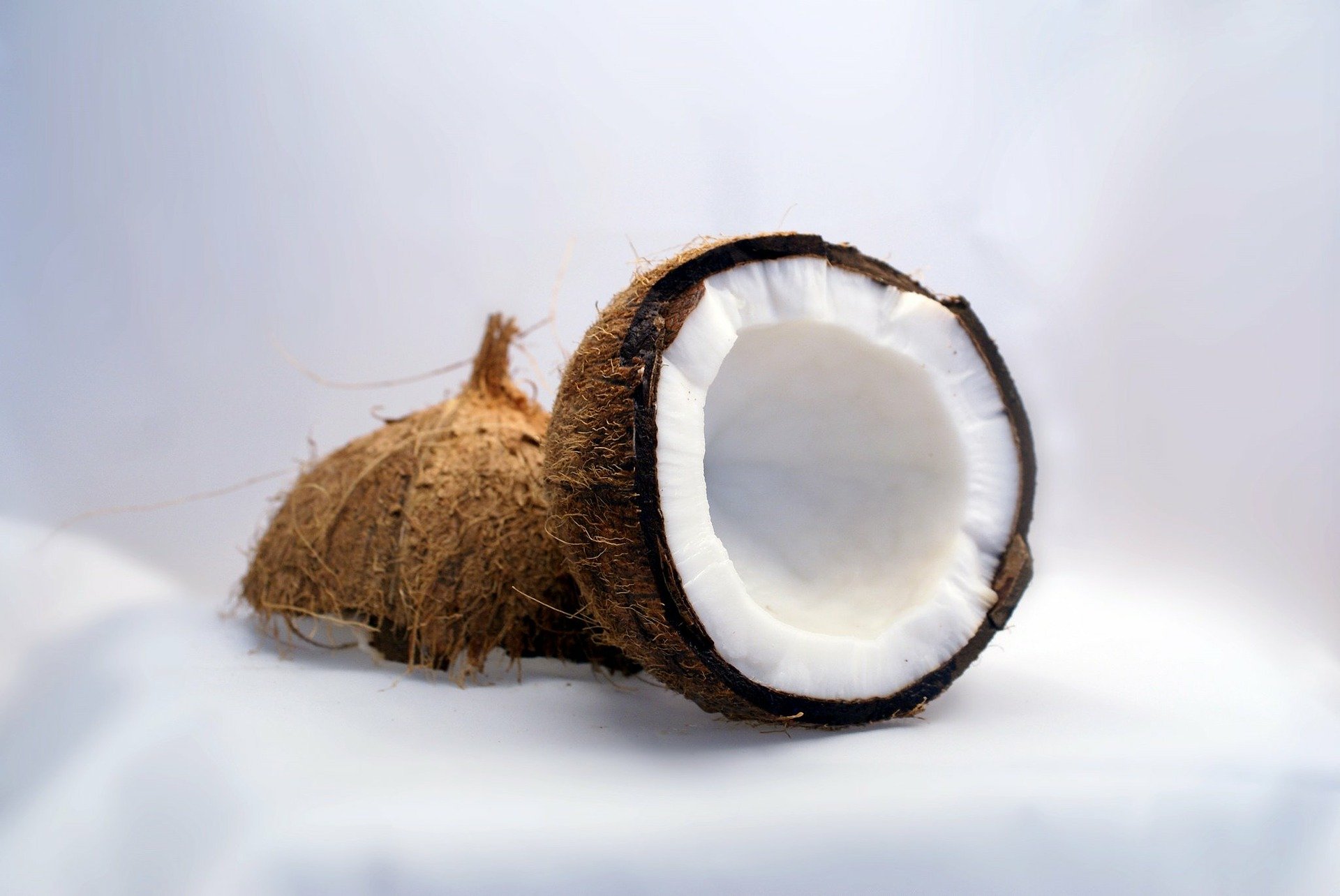
Desiccated Coconut
Desiccated coconut can swell up in a birds stomach and cause real problems.
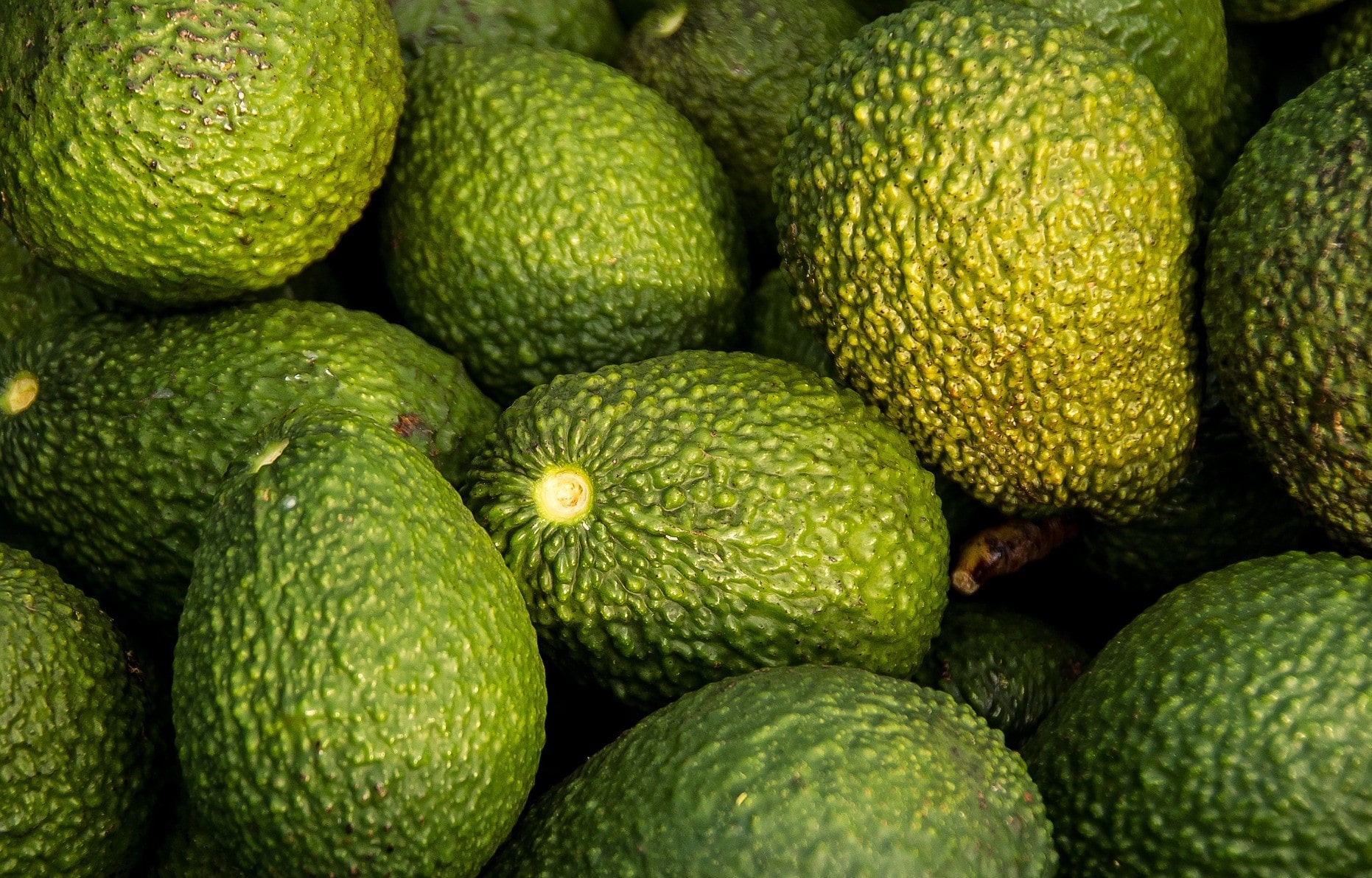
Avocado
Avocado contains toxins which is deadly to birds.
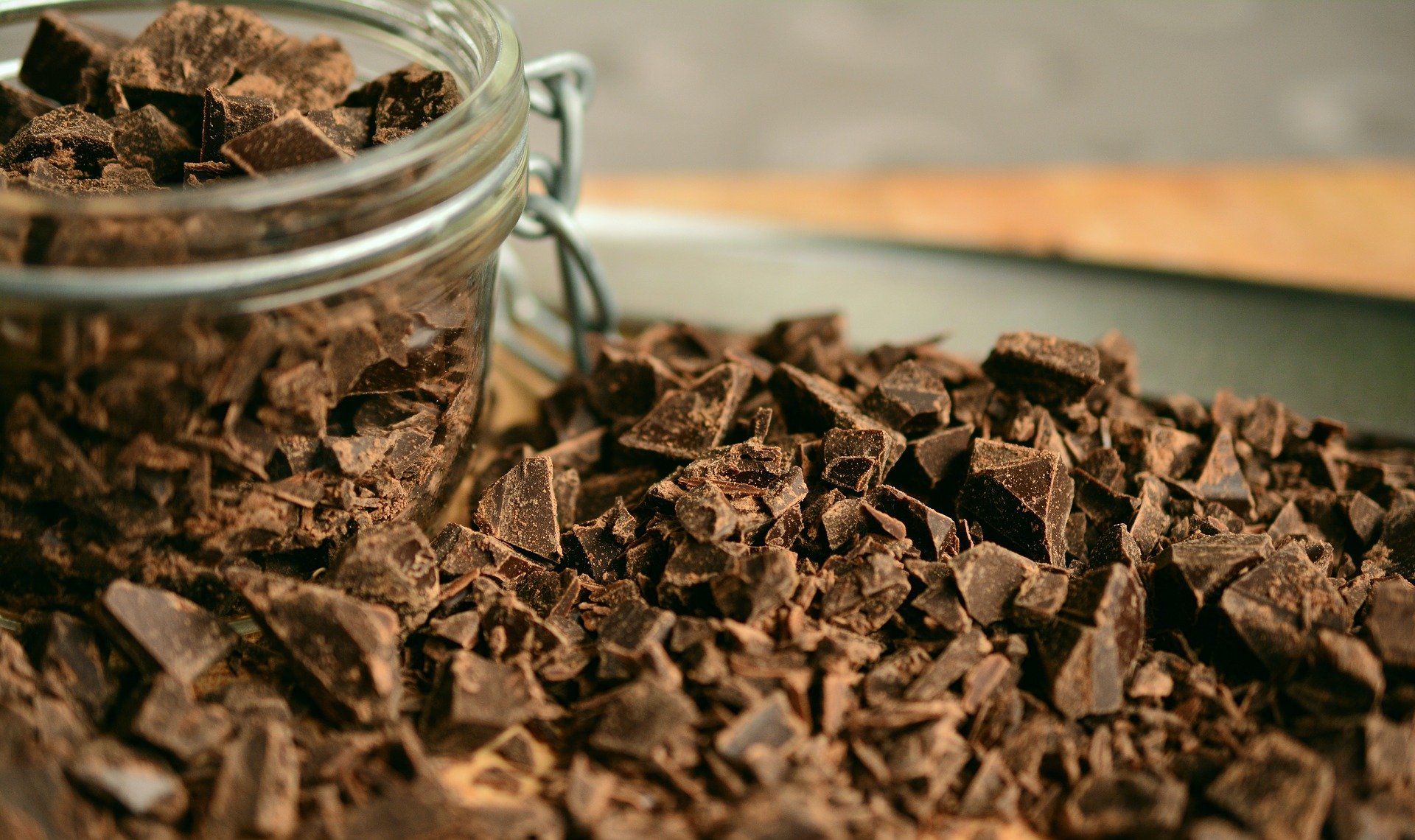
Chocolate
Chocolate is highly toxic to birds.
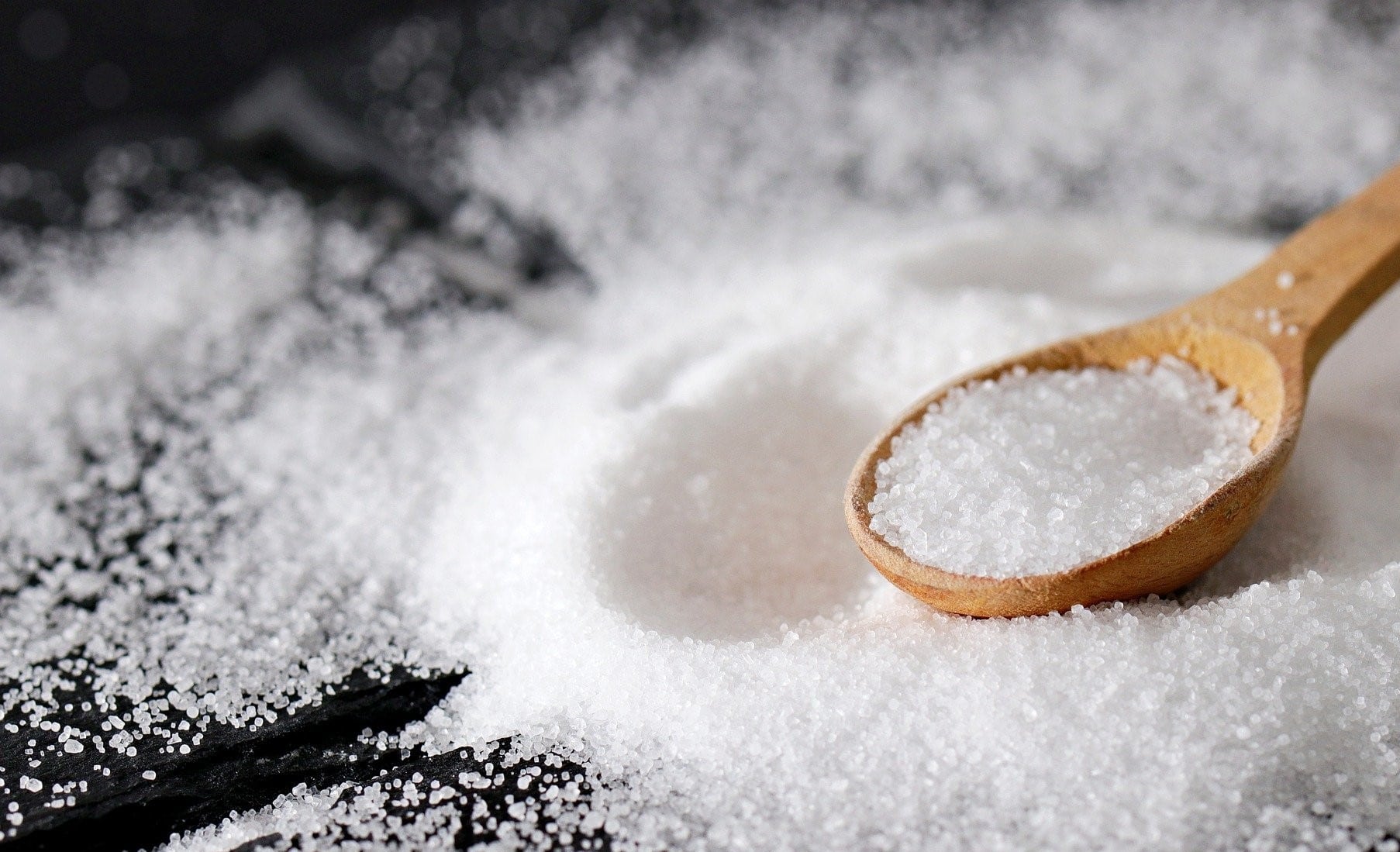
Salt
Even a little bit of salt can be toxic to birds.

Bread
We would advise you to avoid bread; bread is not harmful to birds but offers no nutritional value to their diet.


